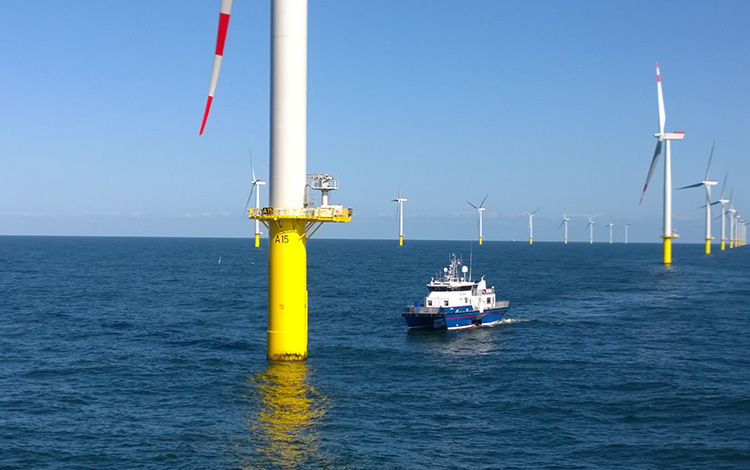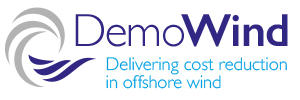IMPROVING SAFETY FOR OFFSHORE WIND TECHNICIANS
IMPROVING SAFETY FOR OFFSHORE WIND TECHNICIANS
As the offshore wind industry continues to grow, championing the health and safety of staff working in the sector has never been more important. Sea and weather conditions both affect the safety and wellbeing of technicians and their ability to perform complex tasks after transit to offshore assets. With limited information available, further research was integral to understanding how to protect the workforce, reduce risk and promote better practice.

THE CHALLENGE
PROJECT PARTNERS
![]()
![]()
![]()
![]()
![]()
![]()
![]()
Reducing the impact of choppy seas for the offshore workforce
A key challenge in the planning operations and maintenance activity in the offshore wind sector is predicting whether sea conditions will be suitable to allow the safe transit of technicians. Operations and maintenance activities accounts for almost a quarter of the lifetime cost of an offshore wind farm. A proportion of that is time wasted in failed crew transits or workers being unable to carry out their duties as a direct result of rough weather conditions.
Marine coordinators are tasked with making the decision to carry out transits in certain weather conditions along with deciding what vessels to use – with limited information to help make these decisions, there was a clear research gap and an opportunity to improve the safety of the offshore wind workforce.
Such decisions have an impact on the safety and wellbeing of the technicians and their ability to perform complex tasks after transit. Ensuring technicians can work safely and efficiently is vital in reducing costs.
Collaborative research to enhance safety and reduce maintenance costs
By collaborating with Siemens Gamesa Renewable Energy, Specialist Marine Consultants Ltd, the Offshore Renewable Energy Catapult and others, researchers from the University of Hull are working on a ground-breaking evidence based decision-making methods to support marine coordinators.
Fundamental research has been undertaken to look at the effect of transit in adverse weather conditions on technician state and their ability to engage safely with work. Researchers will explore how these effects manifest themselves within the technicians, and impact upon the technicians’ health and well-being.
THE RESULT
Driving the potential for an €11 million increase in revenue
Based on previously ungathered data, including measurements of the motion of crew transfer vessels in certain weather conditions and sea states, alongside the monitoring of the psychological and physiological well-being of the technicians on board, has allowed us to build a greater understanding of the factors affecting technician wellbeing. This understanding is now incorporated into open access industry decision tools, to support marine coordinators in making more informed decisions on whether to go ahead with crew transits, improving the safety and wellbeing of technicians.


